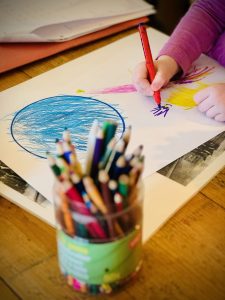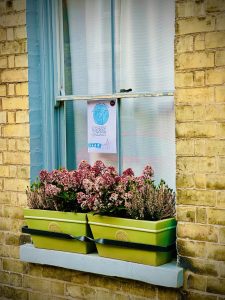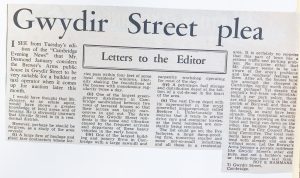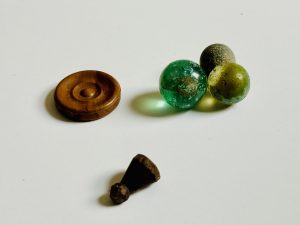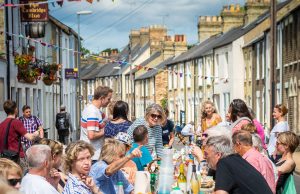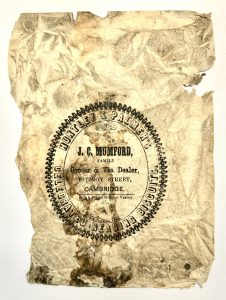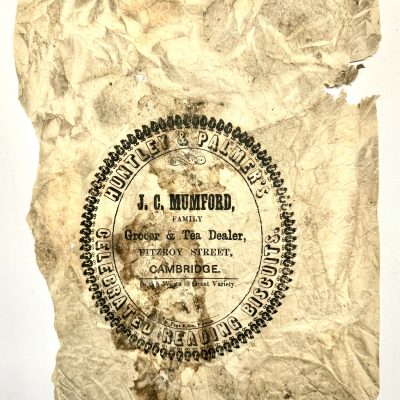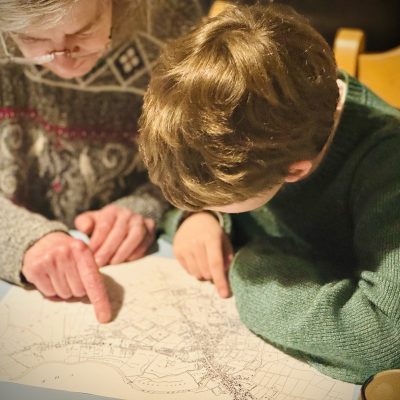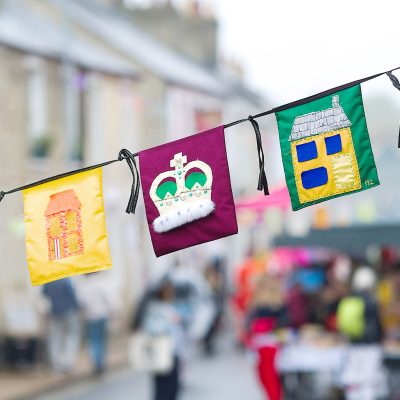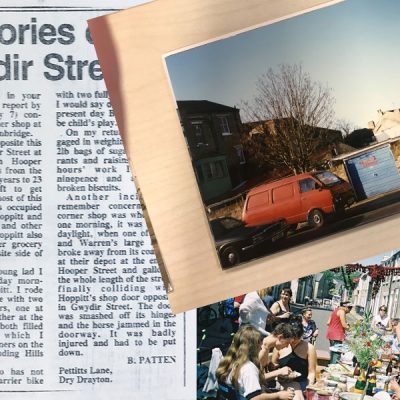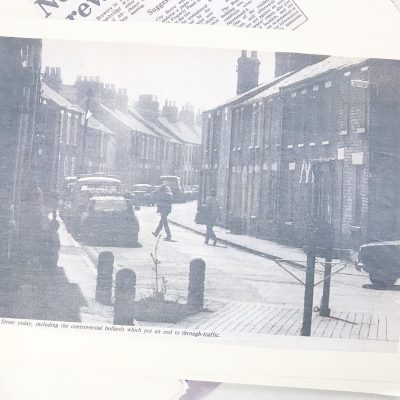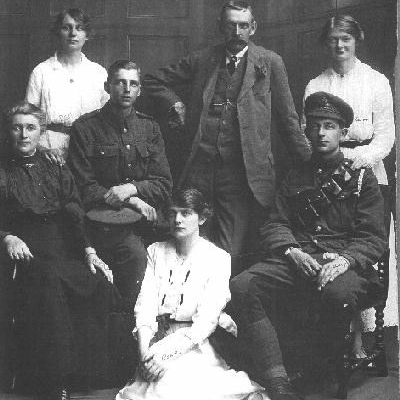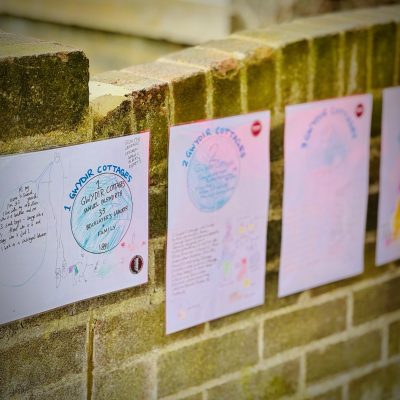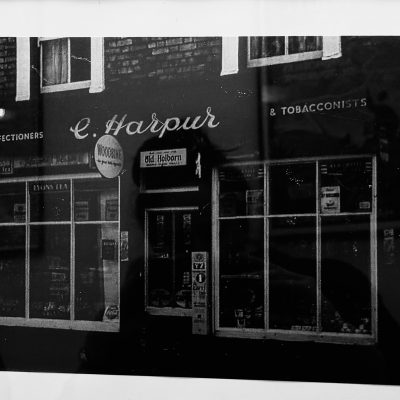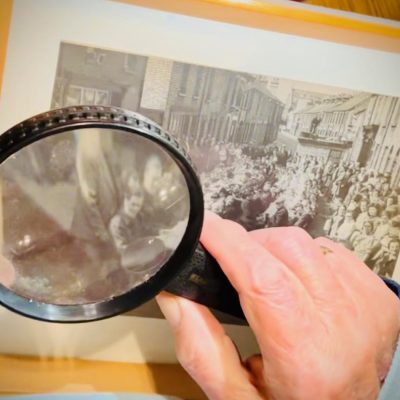Search by topic
- archaeology
- Building of Local Interest
- chapel
- charity
- church
- crime
- dressmaker
- fire
- Great Eastern Railway
- Listed building
- Mapping Relief
- medieval
- oral history
- poverty
- Public House
- Religious House
- Roman
- scholar
- school
- Then and Now
- tudor
- women
- work
- world war one
- world war two
Search by text
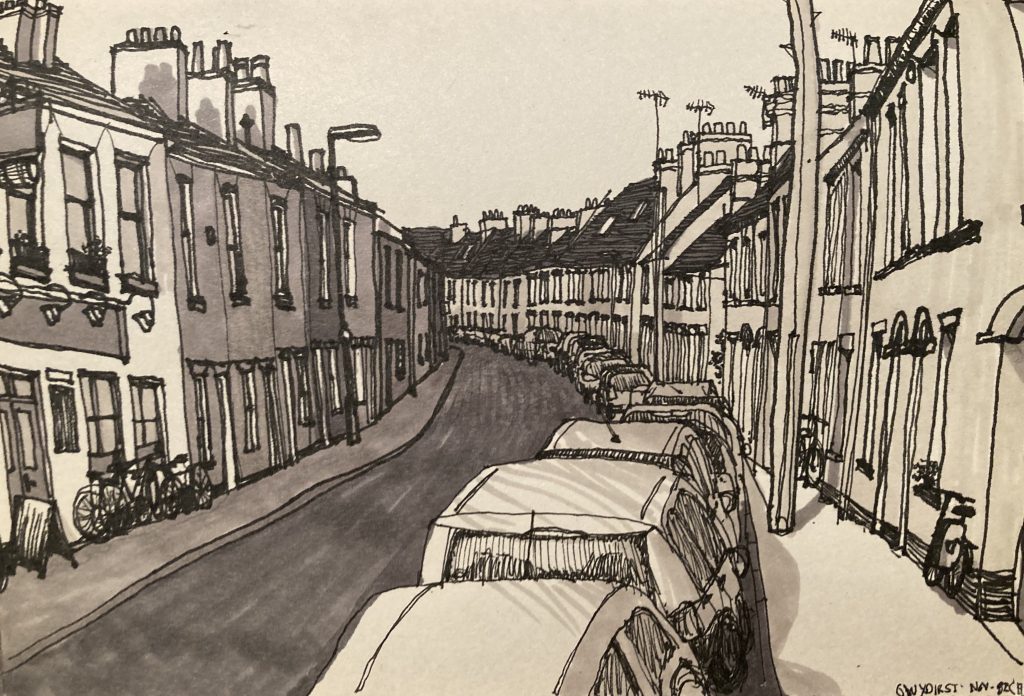 Illustration of Gwydir Street by A Rowson.
Illustration of Gwydir Street by A Rowson.Dear future residents… (Gwydir Street)
Messages for people living on Gwydir Street in the future, 100 years from now
As part of This Is Our Street!, Gwydir Street residents were invited to leave messages for future residents to form a digital “time capsule”.
“I hope you still appreciate how unique the houses are and marvel at the idea that they were unlikely to have been made expecting to still be desirable. I hope you still have a sense of origins of the streets and community with the bath house, work house and the rail workers cottages that created our streets. I hope you still chat on the street to friendly people who live on the same street or nearby even if you are not friends. I hope you still walk everywhere and enjoy the green parts of the area especially with your children. I hope you have a deep breath after a hard day and feel like your house is a home.”
“There is a dead cat buried under the floorboards. We didn’t put it there (or kill it!) but we found it during renovations of our house. Apparently it is a thing people did in the past to ward off evil spirits.”
“Keep the community spirit alive!”
Blue plaque artwork displayed on Gwydir Street window with window box. Image courtesy Gwydir Street Friends.
“It is hard to imagine what the world will be like then (probably lots of heatwaves and even more rainy days?) but I hope this street has continued to be a pleasant, quiet, residential street with even less traffic than now and even more window boxes. I hope it is affordable for families.”
“This is the best street to live on.”
Gwydir Street plea regarding plans for Brewer’s Arms. “the houses here are among the cheapest in Cambridge. Hardly worth considering perhaps?”
“In reality, these houses are poorly designed, badly built, badly insulated slums. If they have been redeveloped, I hope there was enough green space for you and the wildlife that visits. If not, I’m sorry we did not do enough to change the political landscape to bring in better housing, cleaner air and more equitable society. ”
“Get to know your community .”
“I would hope you have not concreted over the garden. The fig tree we planted might still be here. You might have done amazing things with the house and I would hope you have a happy life in a more peaceful world.”
“Value the communities represented by the history of the street.”
Games pieces (marbles, wooden chess piece, chequers piece) found at 127 Gwydir Street. Image courtesy Gwydir Street Friends.
“We’ve found old toys, bits of clay smoking pipes, painted pottery in our garden, newspaper clippings, things that are still relatable today… I wonder what “artefacts” you will find in your homes/ gardens from our time? I hope life is good and that you continue the traditions of our street – to hold parties, to look after each other and the local wildlife, to share resources.”
“It’s a nice place. Keep it so!”
“Your house probably needs a damp course! Try and take care of the jasmine bush – we have spent ages training it up the wall!!”
“Do you know your neighbours? Local community is such a valuable thing – it makes the place you are living feel like home, it brings meaningful connections and friendship, it leads to positive changes in your life and your local environment, it makes things feel brighter and more hopeful. Writing this in 2024, digital technologies, social media and artificial intelligence are increasingly part of our everyday lives for better and for worse. I can’t help but think about the value of connection between humans and also connection with other life on earth and in the universe and wonder what that looks like for you.”
J. C. Mumford grocer & tea dealer Huntley & Palmers biscuits packaging paper found under the floorboards at 125 Gwydir Street. Image courtesy Gwydir Street Friends.
“Check the floorboards under the stairs.”
Contribute
Do you have any information about the people or places in this article? If so, then please let us know using the Contact page or by emailing capturingcambridge@
Licence
This work is licensed under CC BY-NC-SA 4.0






